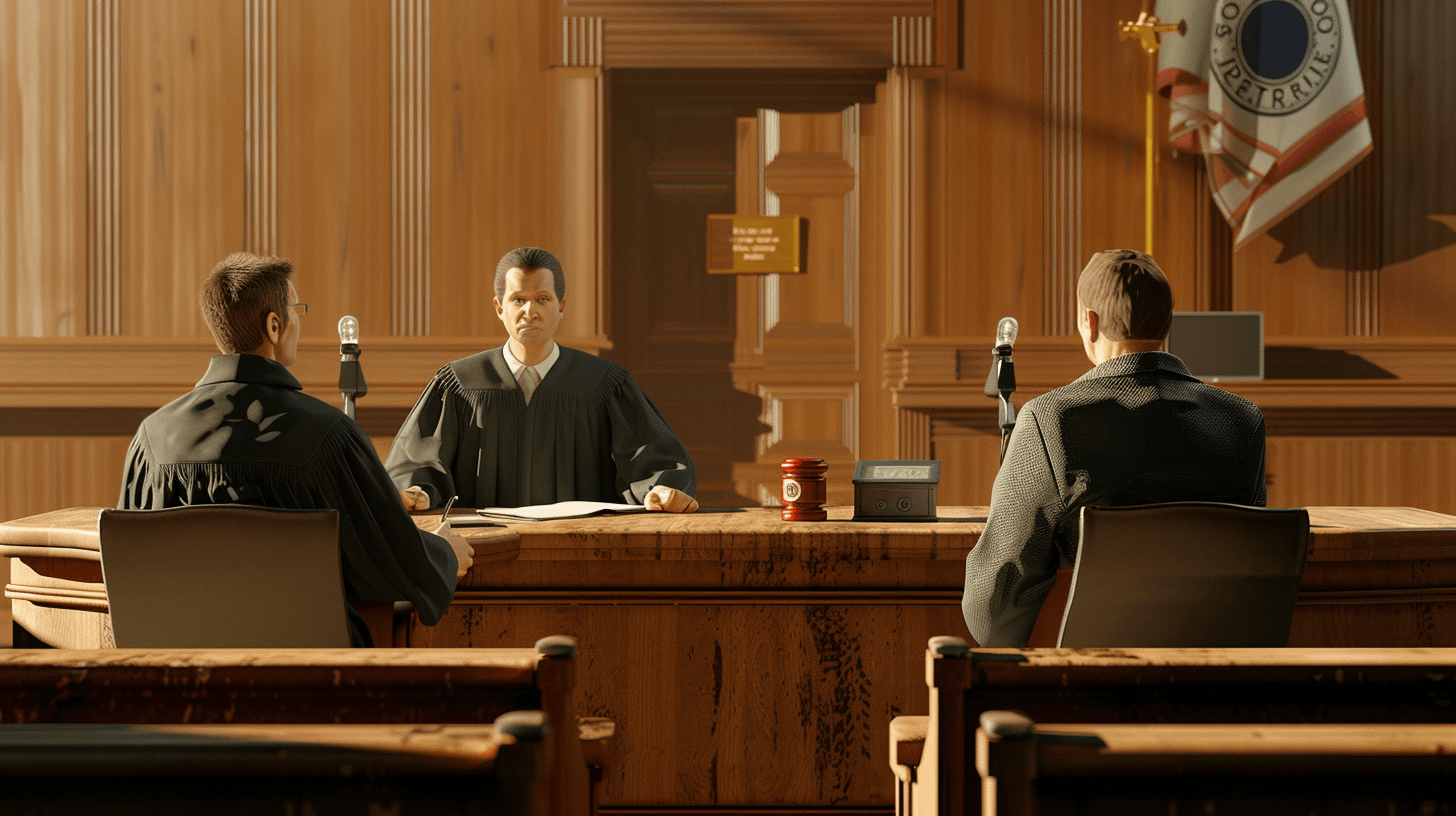September 16, 2025

A DUI charge is one of the most stressful legal challenges a person can face. Even for first-time offenders, the consequences can be severe—fines, license suspension, mandatory education programs, probation, and even jail time.
Beyond legal penalties, a conviction can damage employment opportunities, professional licensing, and personal reputation.
Because of these high stakes, people often ask: Can a DUI charge be reduced?
The answer depends on the facts of the case, the jurisdiction, and the defense strategy. Experienced attorneys use legal and procedural tools to challenge evidence, negotiate with prosecutors, and, where possible, secure alternatives to a full conviction. The process requires preparation, persistence, and strong advocacy—qualities that shape outcomes across many areas of law, from high-asset divorce litigation to complex corporate disputes.
Before exploring how charges can be reduced, it’s important to understand the different types of DUI offenses:
Each type carries unique penalties and requires different defense strategies. Just as Meet Our Business Law Team: A Look at Our Experience and Credentials highlights the importance of specialized expertise in business law, DUI defense depends on lawyers who understand the nuances of criminal statutes, testing procedures, and courtroom tactics.
The difference between a DUI conviction and a reduced charge can be life-changing.
A skilled defense attorney’s role is to achieve the best possible outcome under the circumstances. This mirrors the negotiation skills attorneys employ in other high-stakes cases—like securing fair results in divorce (Why Our Firm Excels at High-Asset Divorce Litigation) or resolving multi-million-dollar injury settlements (Case Study: Securing a Multi-Million Dollar Settlement for a Brain Injury Victim).
Police must have reasonable suspicion to pull over a driver. If the stop lacked legal justification, all subsequent evidence can be challenged. This level of scrutiny echoes the preparation seen in Case Study: Defending a Client Against Federal Drug Trafficking Charges, where procedural flaws can change the outcome of serious cases.
Breathalyzers must be calibrated and maintained properly. Attorneys may question machine accuracy, operator training, or chain of custody for blood samples.
Sobriety tests are subjective. Medical conditions, fatigue, or nerves may affect performance. By highlighting alternative explanations, defense attorneys weaken the prosecution’s case.
Procedural errors—such as failing to inform suspects of their rights—can lead to suppression of evidence. In the same way that Our Process: What to Expect During a Personal Injury Lawsuit with Our Firm explains the importance of procedure, DUI defense relies heavily on proper steps being followed.
Prosecutors may agree to reduce charges in exchange for a guilty plea to a lesser offense, particularly for first-time offenders. Negotiation depends on relationships, credibility, and clear communication—skills highlighted in The Client Experience: Our Commitment to Communication.
Courts and prosecutors weigh several factors in deciding whether to reduce a DUI charge:
This balancing of risk and responsibility is similar to strategies used in family law, where courts weigh parental conduct and the best interests of children (Our Family Law Services: Compassionate Counsel for Divorce & Separation, Client Success Story: Navigating a Difficult Child Custody Battle).
Even when charges are not reduced, alternative sentencing can limit long-term consequences. Options may include:
The goal is rehabilitation, not punishment—a principle consistent with broader legal strategies, from estate planning (Estate Planning Case Study Protecting Families and Assets) to elder law (Why Our Firm Is the Right Choice for Your Elder Law Needs).
Trying to reduce a DUI charge without legal representation is risky. Prosecutors are unlikely to offer favorable deals to unrepresented defendants. A skilled attorney understands:
This expertise reflects the same preparation that produces favorable results in corporate litigation (The Business Law Firm Difference in Corporate Litigation) or in achieving favorable verdicts (A Look at Our Verdicts and Settlements).
The defense strategies used in DUI cases echo those in other practice areas:
A DUI charge does not have to define your future. With the right defense strategy, charges can sometimes be reduced, penalties minimized, or alternatives secured. The path forward depends on preparation, expertise, and advocacy.
From negotiating high-stakes injury settlements to guiding families through complex custody disputes, experienced attorneys prove that outcomes are shaped not just by facts but by strategy. The same principle applies in DUI defense: skilled representation can mean the difference between a harsh conviction and a manageable resolution.
Stay up to date with the latest legal tips, expert insights, case studies, and step-by-step guides to help you protect your rights, grow your business, and make informed decisions—no matter your legal needs or industry.